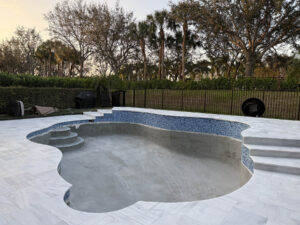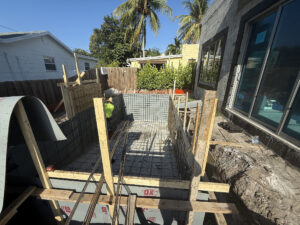Understand Your Pool’s Cleaning Requirements and Maintenance Prerequisites
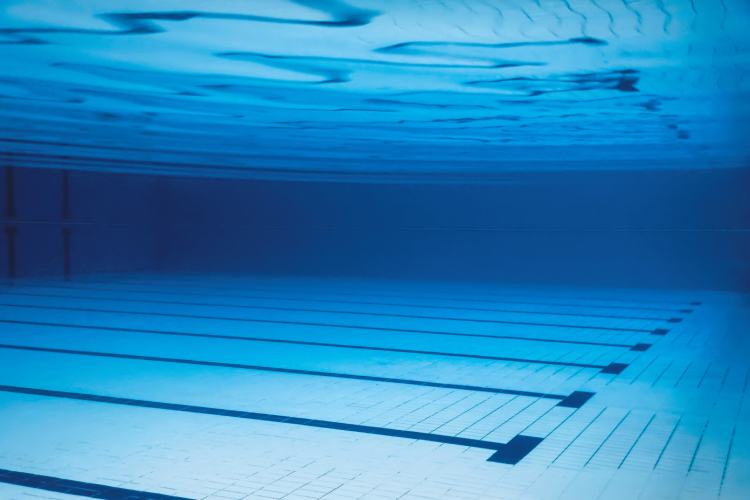
Analyzing Pool Size and Type
Before selecting the ideal pool vacuum cleaner, the first step should be evaluating your pool size and type. These factors will dictate its cleaning capacity and any features to look for in a vacuum cleaner.
Above-Ground Pools
Owning an above-ground pool will require a vacuum cleaner specifically tailored for this type of swimming environment. Above-ground pool vacuum cleaners tend to be lightweight, portable, and easy to operate, typically using suction power to collect debris from their surfaces and walls. Look for one with an extended hose and adjustable cleaning settings for more efficient cleaning results.
In-Ground Pools
In-ground pools tend to be larger, requiring more powerful vacuum cleaners to handle their more significant water volumes. They are often equipped with programmable cleaning cycles and remote control operation. Robotic, suction, or pressure cleaners can all be suitable options depending on your preferences and needs.
Evaluate Your Filtration System in Your Pool
Consider your pool’s filtration system when selecting a pool vacuum cleaner. While some rely on existing filtration mechanisms to remove debris, others come equipped with built-in filters. If your collection boasts an efficient filtration system, opt for a vacuum cleaner that connects directly to the skimmer or suction line; otherwise, a robotic cleaner with a built-in filter may be better.
Exploring Different Types of Pool Vacuums
Robotic Pool Cleaners
Robotic pool cleaners have become increasingly popular due to their advanced technology and convenience. Operating independently using electric power, these autonomous units utilize sensors and algorithms for full coverage in collecting debris from pools of any size; additionally, they often come equipped with their filter system, thereby alleviating strain on primary filters; besides, they’re suitable for walls, floors and stairs for optimal cleaning results.
How Do Robotic Pool Cleaners Work
Robotic pool cleaners use brushes and scrubbers to loosen dirt and algae from pool surfaces, while potent motors create suction that collects it in their filters. Some advanced models offer remote control or smartphone app connectivity so you can schedule cleanings or monitor their progress from anywhere.
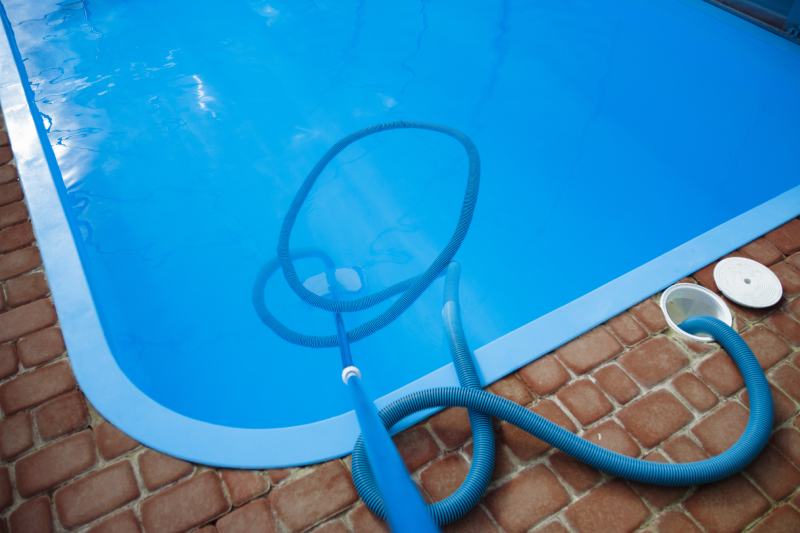
Advantages and Limitations of Robotic Cleaners
One of the critical advantages of robotic pool cleaners is their independence. Once set up and placed in your pool, they take over cleaning themselves alone – leaving only leaves and twigs as debris! Unfortunately, robotic cleaners are more costly than alternatives, requiring regular filter cleaning and debris removal services to stay effective.
Suction Pool Cleaners
Suction pool cleaners are an attractive and cost-effective choice for pool owners. Connected directly to the skimmer suction line, these cleaners utilize your pool’s existing pump and filtration system. You are specifically designed to use vacuum power to move around the pool, vacuuming debris directly into a skimmer basket or pump strainer basket for convenient disposal.
How Suction Pool Cleaners Work
Suction cleaners use suction to draw debris to their pool’s filtration system for filtering. They typically feature a hose connected to a skimmer or dedicated suction line and an attachment with brushes and scrubbers. At the same time, their power source – usually generated by the pump – provides enough suction power for them to move around freely while collecting dirt.
Advantages and Limitations of Suction Cleaners
Suction pool cleaners offer several advantages, including affordability and ease of use. As relatively straightforward devices that rely on existing pool equipment, suction cleaners are an efficient means of clearing away small debris such as leaves. While effective at collecting smaller particles such as dirt or leaves, larger debris such as leaves may require emptying the skimmer basket or pump strainer more regularly for removal.
Pressure Pool Cleaners
Pressure pool cleaners harness the pressure generated by water return jets in pools to power themselves forward and collect debris. They connect directly to a dedicated pressure line or return line and use this forceful stream of water as their driving force to propel themselves and collect any remaining particles in the pool’s floor.
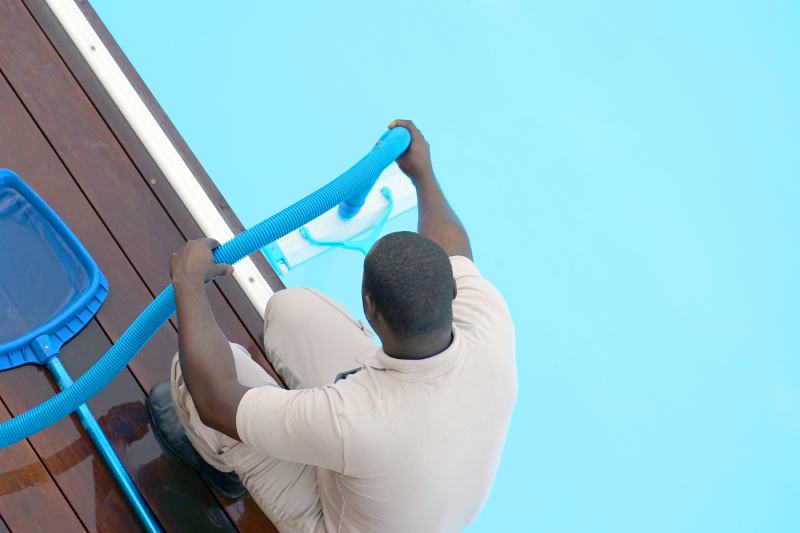
How Do Pressure Pool Cleaners Work?
Pressure cleaners rely on water pressure and often come equipped with their booster pump or use an existing pool pump. As water flows around the pool, its pressure creates a suction effect to collect debris into bags or filters for collection and filtering out. Pressure cleaners are well-known for their powerful cleaning abilities and ability to deal with waste efficiently.
Advantages and Limitations of Pressure Cleaners
Pressure pool cleaners are highly effective at clearing large pools of debris, such as leaves, acorns and pebbles, making them the superior option for pool maintenance. While more costly than suction cleaners, pressure cleaners offer excellent performance at efficiently cleaning large bodies of water – though installation costs may increase accordingly.
Selecting an Appropriate Pool Vacuum Based on Your Pool Type
Considerations When Selecting Above-Ground Pools
When selecting an above-ground pool vacuum cleaner, please consider its size, shape and amount of debris it tends to collect. Lightweight suction or robotic cleaners often make ideal choices; long hoses or cables ensure every corner can be reached, and adjustable cleaning settings offer additional customization based on your pool’s specific needs.
Factors to Consider for In-Ground Pools
Due to their larger size and higher water volume, in-ground pools require more powerful vacuum cleaners for efficient maintenance. When selecting the ideal cleaner for your in-ground pool, please consider its cleaning capabilities, coverage area, filtration system capabilities, and any additional requirements, such as suction pressure cleaners may also be appropriate depending on its specific needs. Robotic cleaners are popular among in-ground pool owners due to their comprehensive cleaning abilities incorporating their filtration system, further relieving strain from primary filters. However, depending on your pool’s specific requirements, robotic cleaners may also be suitable options; suction pressure cleaners may also work fine depending on their requirements if necessary.
Considerations When Selecting Pool Size and Debris Levels
Apart from pool type, size and debris levels should also be carefully considered when purchasing a cleaner for a large pool or one with high debris accumulation. Choose one with an extra-powerful motor and an ample debris bag or filter capacity; some models even allow users to customize cleaning frequency based on debris levels.
Additional Features and Considerations
Energy Efficiency and Noise Levels
Energy efficiency is paramount if you intend to run your pool vacuum regularly. Look for cleaners equipped with energy-saving features, such as variable speed motors or programmable timers, in addition to noise level considerations if you live near other people or want a peaceful poolside atmosphere; some cleaners are designed for minimal disturbance when operating.
Pool Vacuum Attachments and Accessories
As part of your evaluation of vacuum cleaner models, look for any attachments and accessories that could enhance their cleaning abilities, such as brushes, scrubbers, additional hoses or remote controls that allow for manual steering or spot cleaning in certain pool areas.
Maintain and Care for Your Pool Vacuum Cleaner
Tips for Cleaning and Storing
Proper care must be taken when cleaning and storing a pool vacuum cleaner to extend its longevity and ensure optimal performance.
After each use, cleaners must be rinsed to remove debris or chemicals before being stored away to protect from weather elements and pests.
Inspect the brushes/scrubbers frequently to ensure necessary repairs can be completed quickly and easily. Ideally, they should also be stored away in a dry and secure place after every use to prolong their service life and prevent damage to their components from the elements and insects.
Routine Maintenance and Troubleshooting
Regular maintenance is vital to keeping your pool vacuum cleaner in top condition. Ensure you follow your manufacturer’s instructions for scheduled tasks such as filter cleaning or replacing worn-out parts, then consult their troubleshooting guide or seek professional help if issues or malfunctions arise.
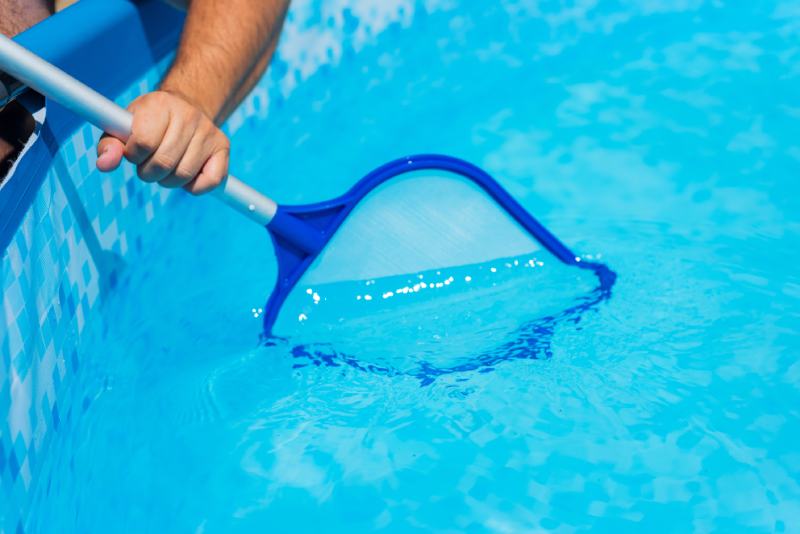
Maintain a Clean and Debris-Free Pool Environment
Finding the ideal pool vacuum cleaner is crucial to keeping a debris-free pool. When selecting one, consider your pool size, type, cleaning requirements and size/type/type characteristics. Robotic, suction and pressure cleaners offer different advantages and limitations, so choose wisely based on what best suits your needs based on factors like filtration systems, debris levels and additional features like energy efficiency or attachments. With proper maintenance, you’ll enjoy sparkling clean waters for an entire season with just the right vacuum cleaner!
Specializing in all things pool services, the team behind Finns Pool Services brings more than just technical expertise to West Palm Beach. Rooted in family values, this full-service company has not only built a legacy in top-notch pool care but also prides itself on its vast team of experts and its unwavering commitment to professionalism. With countless successful pool projects under their belt, they stand as a beacon of trust and quality in the heart of Florida. Dive into a world where dedication meets the deep end.

